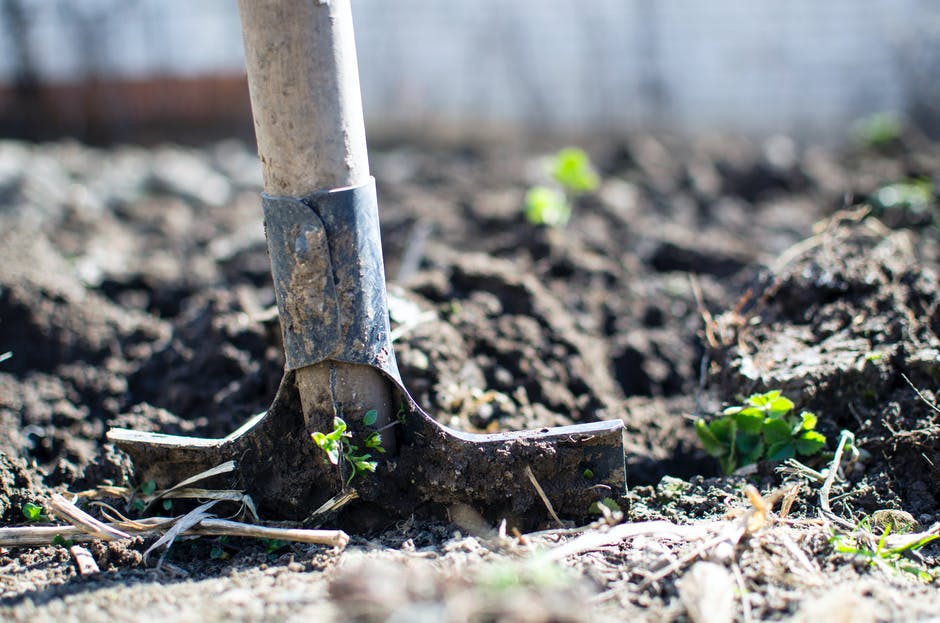
Many people select organic gardening to avoid using pesticides or commercial fertilizers on their garden for fear of long-term damage to their health and the environment. Also, organic gardening is quite cheap on the whole. To begin your journey into the world of organic gardening, follow these tips.
Prepare the ground for a perennial garden quickly and easily. All you need to do is use a garden spade to slice under the turf, flip it over, then spread wood chips over the area about three to four inches deep. Let the area have about two weeks, then dig it and plan the new perennials.
You should utilize around three inches of mulch that is organic in your flower beds. This will prevent weeds from growing, retain humidity, and feed your plants with the nutrients they need. What’s more, your garden will look professional all year.
Put coffee ground into your soil. Coffee grounds are filled with nitrogen, that is a nutrient required by plants. Nitrogen is generally a way to make your plants grow bigger, better and faster.
Brick, stone or untreated wood is great for building raised beds. When selecting wood, make certain you pick untreated products that have a natural resistance to rot. Optimal wood choices that fit these criteria are locust, cypress, and cedar. It is particular important that you don’t use treated wood for vegetable beds, as the chemicals and toxins on the wood could leach into the soil and be absorbed by food plants. You may have previously used treated lumber; if so, you should use a plastic liner to cover it.
Depending on the season and weather, adjust your watering habits. You will need to water differently depending on what time it is or what kind of soil you are using. As an example, do not water your plant’s leaves if you live in a humid climate since this will most likely result in leaf fungus. Instead, keep the root system well-watered.
Overall, a layer of mulch is beneficial for the soil. The soil can be greatly enhanced by adding a good layer of mulch to it. Mulch will keep the soil at an ideal temperature and protect the roots. The layer of mulch will also minimize evaporation, reducing your need to water as frequently as you would a garden without mulch. It also is helpful in keeping weeds under control.
Avoid over-watering your plants. Excess water may hinder the plant’s roots from getting nutrition from the soil. If you are going to water your plants outdoors, you should first check the weather for you area to see if any rain is coming that day. If rain is on its way, you are probably safe to skip watering duties for the day.
Rotating plots of garden has been done for centuries, and there is good reason for that! Fungus and disease are more likely to affect plants if they stay in the same location for long periods of time, especially if they belong to the same family. These plant killers can be stored in the dirt and attack the plants the next time you plant them. Change the design of your garden regularly to prevent diseases from spreading.
Get to the root of the matter! Oftentimes, tomato seedlings that show verdant green starts have poor roots. These starts will suck the resources from your seedlings for several weeks, inhibiting their growth.
Applying the knowledge you learned here to your garden will help ensure you have a thriving, toxin-free garden of your very own. A flourishing organic garden will also be an open invitation to some very interesting creatures of the wild that you can look forward to seeing.
